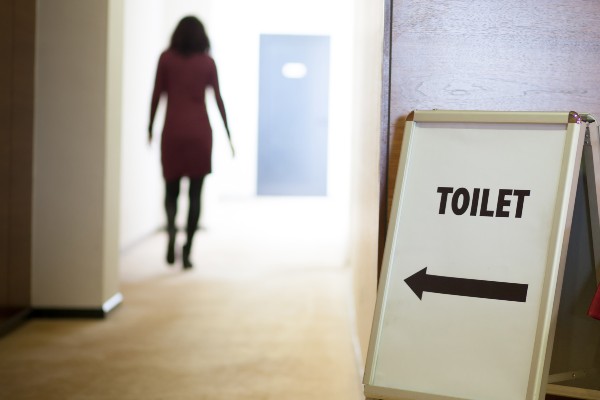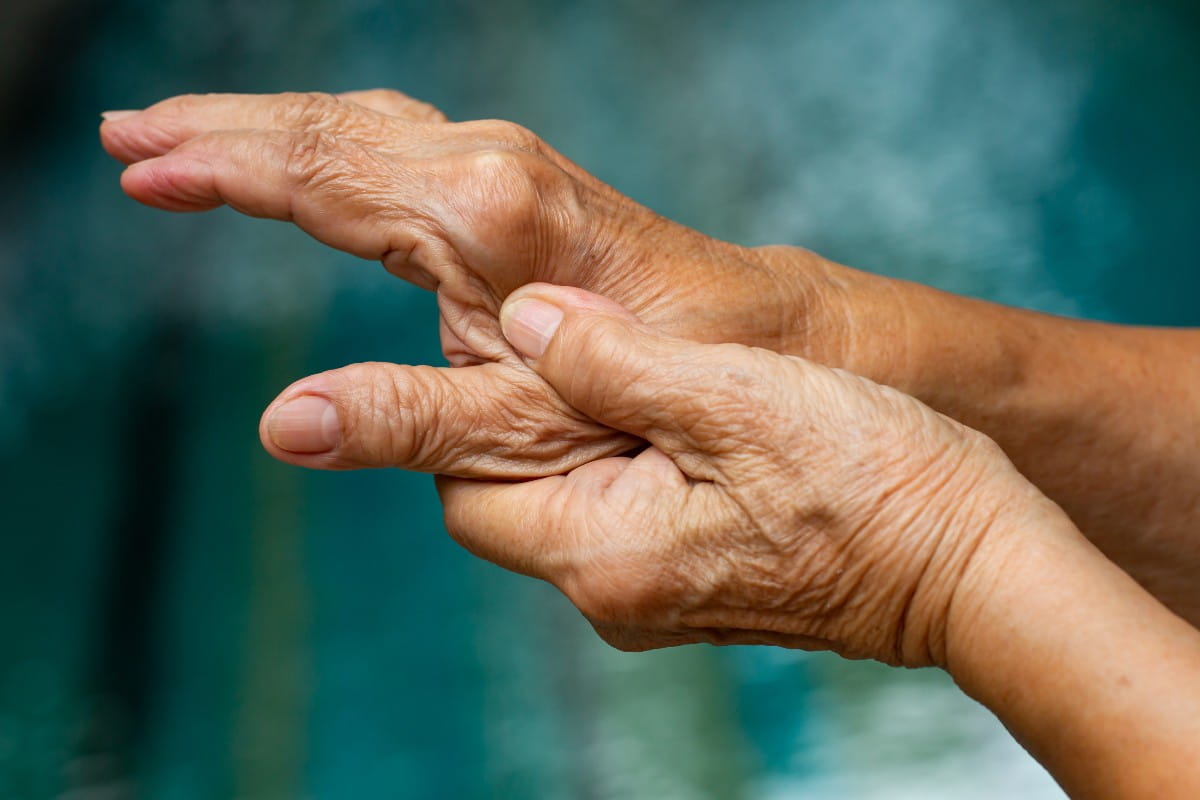“If you’re worried about overactive bladder, you’re not alone,” says Olugbemisola O. McCoy, M.D., Ph.D., a urologist with Riverside Urology Specialists. “The National Association for Continence estimates there are 33 million people in the U.S. with this condition. However, the good news is that OAB isn’t something you just have to accept. It’s treatable.”
Symptoms and Causes
People with overactive bladder have trouble with the mechanism in the urinary system that sends a signal to the brain that the bladder needs to be emptied. Normally, we become aware of having to urinate when the bladder is about half full. However, people with overactive bladder may not get much warning and suddenly have to urinate urgently. Because of the short notice, they may not be able get to the toilet before releasing urine. Sometimes, just hearing water running or thinking about urinating can cause a leak, which may be only a few drops — or a volume large enough to soak through clothing.Overactive bladder also causes frequent urination, defined as having to go eight or more times in a 24-hour period, or having to get up more than twice during the night. Even if it’s possible for overactive bladder sufferers to get to the bathroom without leakage, having to go so many times throughout the day can be disruptive and create self-consciousness.
There are other health conditions that can contribute to an overactive bladder, including strokes, multiple sclerosis (MS), diabetes, menopause, bladder stones and tumors, or an enlarged prostate.
Women may also experience stress incontinence, which isn’t the same thing as overactive bladder. Instead, putting pressure on the bladder by bending over, sneezing, laughing or exercising can cause them to urinate unintentionally. While the symptoms are similar, the treatments for overactive bladder and stress incontinence are different.
Solutions
Even though many older adults experience overactive bladder, that doesn’t mean it’s a normal part of aging that must simply be tolerated. There are techniques and lifestyle changes that can help.
When you consult a urologist, he or she may have you keep a diary to record how much you drink, how often you urinate and information about any leakage you may have. Your physician will also perform a physical exam and look for unusual problems that may be contributing to overactive bladder. There are other medical tests that may be conducted: an ultrasound or a cystoscopy to view the bladder, or a urine test to see if there’s any infection.
In addition to keeping a diary, there are basic self-help steps that your physician may recommend:
- Manage chronic health conditions. This includes diabetes, which can affect overactive bladder.
- Quit smoking, and limit tobacco and alcohol. These lifestyle changes aren’t just helpful for overactive bladder, of course—they’re fundamental to your overall well-being.
- Don’t eat or drink things that can irritate the bladder. These include caffeinated and carbonated drinks, citrus fruits, tomatoes, spicy foods and chocolate.
- Keep your weight down. Being overweight can aggravate many existing health issues.
- Stay physically active. Being sedentary is also very unhealthy. Even if you sit for work all day, get up and move around periodically. Try to find a form of exercise that you find pleasant.
- Do Kegel exercises. This involves tightening the muscles in the pelvic floor, holding and releasing them, then repeating. Your doctor can explain how to do them in order build up bladder control.
- Schedule bathroom visits. By setting specific times to urinate, you can potentially avoid waiting until it’s too late.
- Go twice in a row. Wait a few moments after going, then try going again.
- Wear absorbent undergarments. These can be obtained at the pharmacy or online, providing added protection—and peace of mind—in case of a leak.
The doctor may also recommend the following:
- One of several different medications may be prescribed, either in pill form or as a skin patch. This can help relax the bladder and reduce the constant urge to urinate.
- Your physician may suggest Botox injections. While we associate Botox with facial rejuvenation treatments, it can also relax the muscles in the bladder. The physician can explain potential side effects.
- Since nerves control the sensation to urinate, managing the impulses they send to the bladder can help with overactive bladder. These nerve treatments involve placing a thin wire under the skin near the ankle or in the lower back to regulate the signals.
- Surgery is only performed in severe cases of overactive bladder when other treatments don’t work. This may involve increasing the size of the bladder or removing it altogether.
Don’t Let Overactive Bladder Get in Your Way
It’s understandable that those who experience overactive bladder are reluctant to engage in activities they enjoy for fear of accidents or embarrassment. However, with proper treatment, there’s no need to limit yourself.
“This condition is quite common, and we know a great deal about it,” says Dr. McCoy. “There are many effective ways to manage an overactive bladder.”
If overactive bladder is interfering with your work, family time or leisure activities, don’t resign yourself to it. Contact Riverside and make an appointment to see a urologist at one of our five locations. Call 757-316-5777 (Hampton, Newport News, Williamsburg and Gloucester offices) or 757-302-2700 on the Eastern Shore today.



